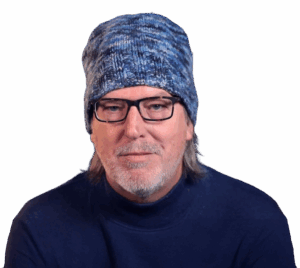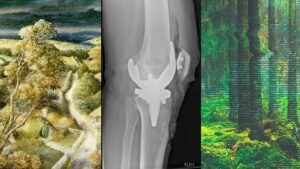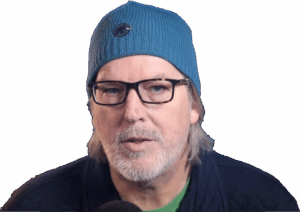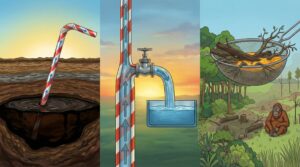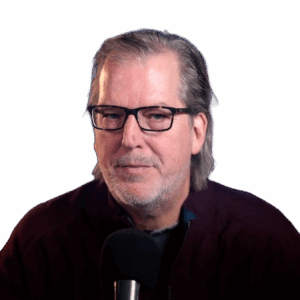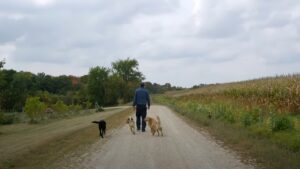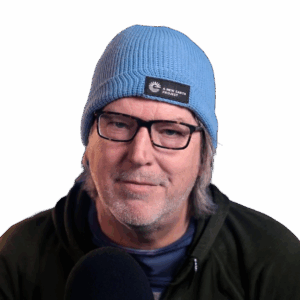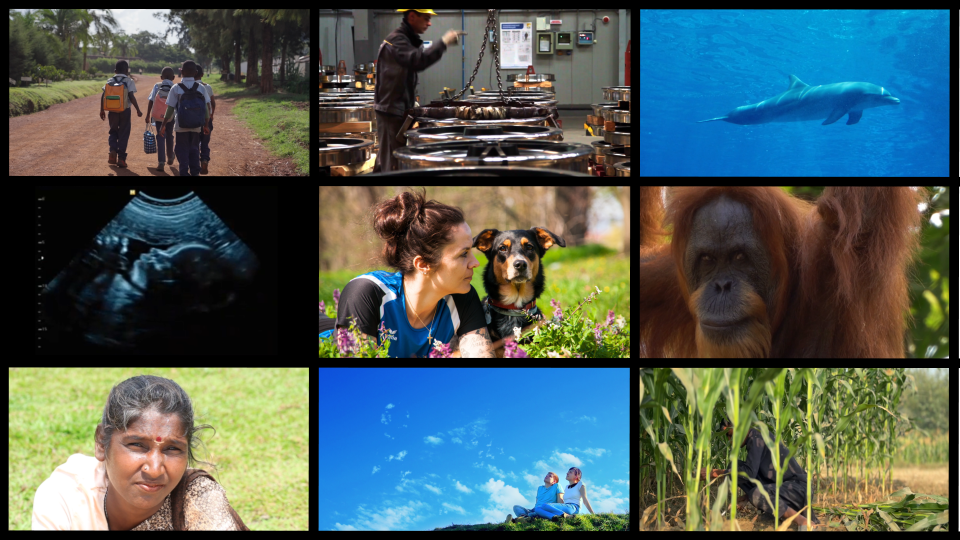
#114 | Frankly
Directional Advice for the (More Than) Human Predicament
Apple is experiencing an issue loading this episode – please enjoy watching here, via YouTube or on other podcast players.
Description
In this week’s episode, Nate invites listeners into an exploration of what it means to navigate a growing predicament shaped by ecological limits, rapid technological changes, and shifting expectations of reality. Our complex world hosts an immense diversity of human (and non-human) circumstances, which demand responses that are adaptive, not static. Rather than offer misleadingly prescriptive answers, Nate lays out a set of “compass points” that serve to both challenge our assumptions, and to attune our values in the direction of ‘better futures than the default.’
Our responses to the ‘more-than-human predicament’ as individuals, communities, and a species are impacted by socially-constructed notions of status, identity, and fear. This episode draws these concepts into a wider-lens conversation regarding how we intervene and respond to the systemic change on the horizon, how we relate to one another and to the ecosystems we’re a part of, and what kinds of futures we make possible by the choices – large and small – we make today.
What does it mean to move directionally rather than to seek tidy solutions? How might shifts in behavior now allow one to become a “rock in the river” as change continues, and accelerates? And where do we look for the “True North” of our values and behaviors in order to orient ourselves towards a more coherent collective response?
In French, we have a motto that says that a simple drawing is often better than a long explanation. Jean-Marc Jancovici Carbone 4 President
That’s very understandable because with left atmosphere thinking, one of the problems is that you see everything as a series of problems that must have solutions. Iain McGilchrist Neuroscientist and Philosopher
We can’t have hundreds and hundreds of real relationships that are healthy because that requires time and effort and full attention and awareness of being in real relationship and conversation with the other human. Nate Hagens Director of ISEOF
This is the crux of the whole problem. Individual parts of nature are more valuable than the biocomplexity of nature. Thomas Crowther Founder Restor
Show Notes & Links to Learn More
Download transcriptThe TGS team puts together these brief references and show notes for the learning and convenience of our listeners. However, most of the points made in episodes hold more nuance than one link can address, and we encourage you to dig deeper into any of these topics and come to your own informed conclusions.
07:53 – Single point of failure
08:20 – Able Archer 83 War Scare documents, F#111: The Three Most Important Words We’re Taught Not to Say
08:46 – Nate Soares, Risk of human extinction from AI
09:06 – Cloudflare outage
11:36 – Subsidiarity, Nested governance
12:06 – Re-regionalizing/Bioregionalism, RR#14: The Future is Local
13:10 – F#69 Goldilocks Technology – A Preliminary Checklist
19:38 – Audrey Tang on TGS
22:22 – Wet bulb temperatures
24:18 – Easter Island natural resources
24:29 – Old growth forests store huge amounts of carbon
24:52 – Anastassia Makarieva on TGS
26:24 – Dune “Fear is the mind killer”
26:38 – Amygdala function
28:00 – A calm nervous system reengages prefrontal cortex
29:00 – Sympathetic vs parasympathetic nervous systems
30:39 – Economic superorganism
31:07 – Towards Individual Wisdom and Restraint
32:54 – F#74: The Lament of the Bigfoot (agenda of the gene)

